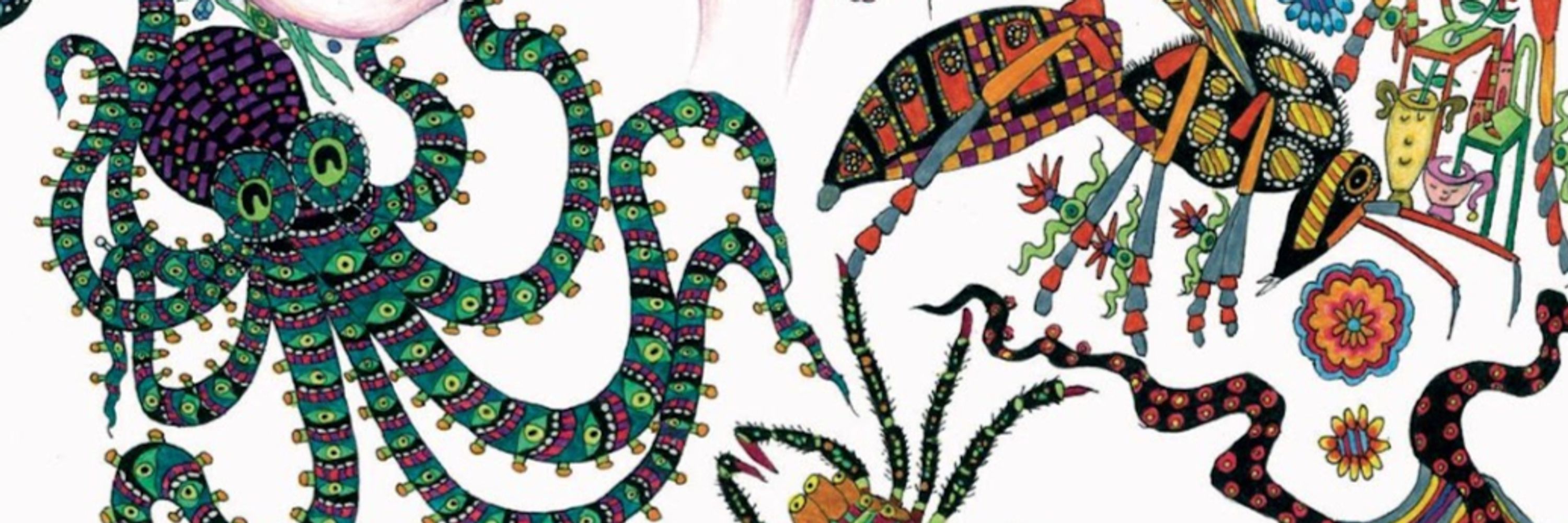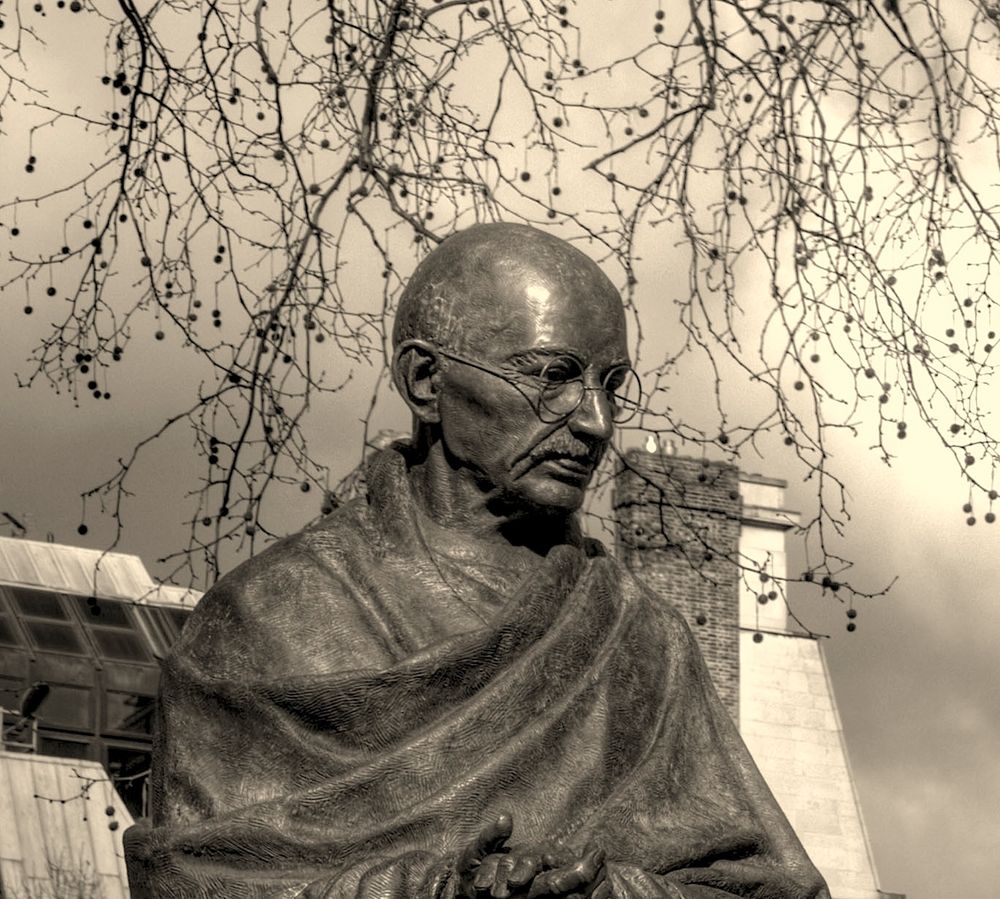Jonathan Birch
@birchlse.bsky.social
5.9K followers
300 following
660 posts
Professor, LSE. Philosophy of science, animal consciousness, animal ethics. Director of The Jeremy Coller Centre for Animal Sentience.
Posts
Media
Videos
Starter Packs
Reposted by Jonathan Birch
Reposted by Jonathan Birch
Reposted by Jonathan Birch
Reposted by Jonathan Birch
Reposted by Jonathan Birch
Reposted by Jonathan Birch













